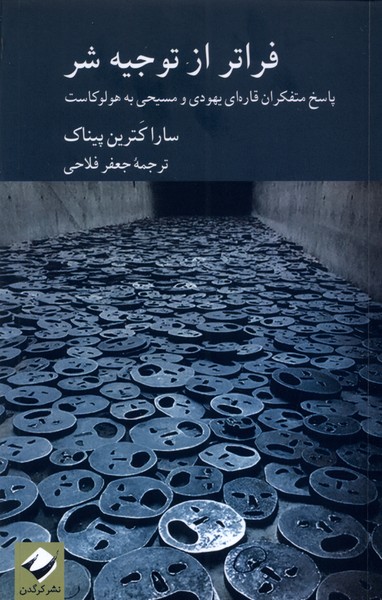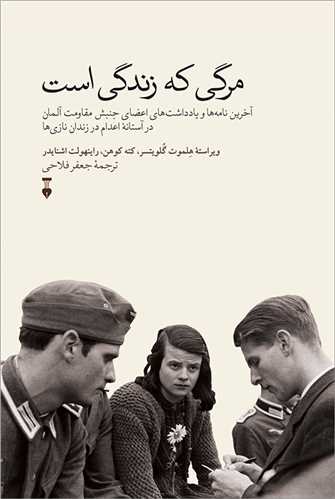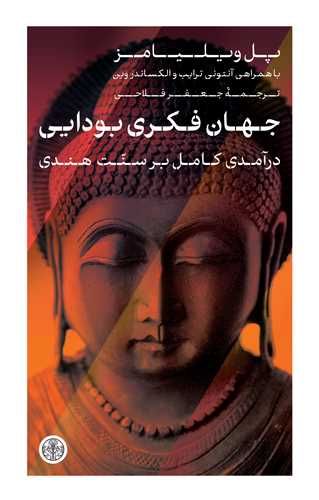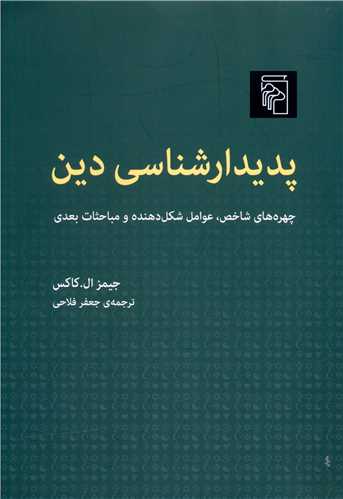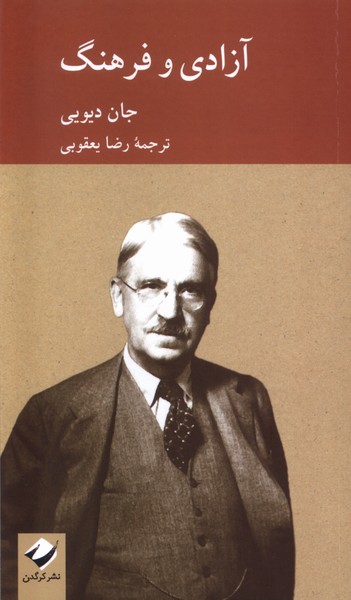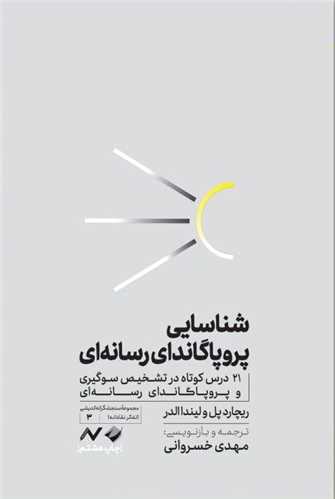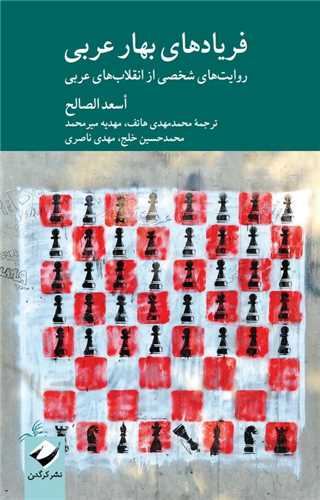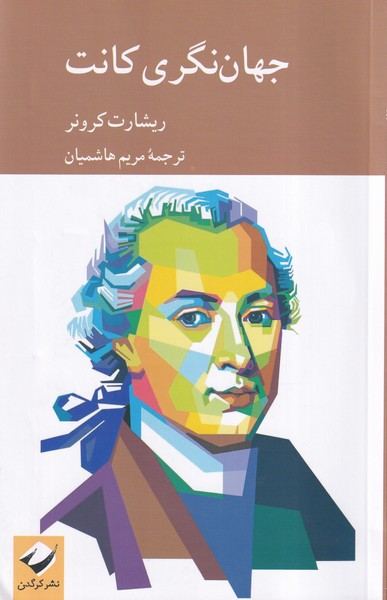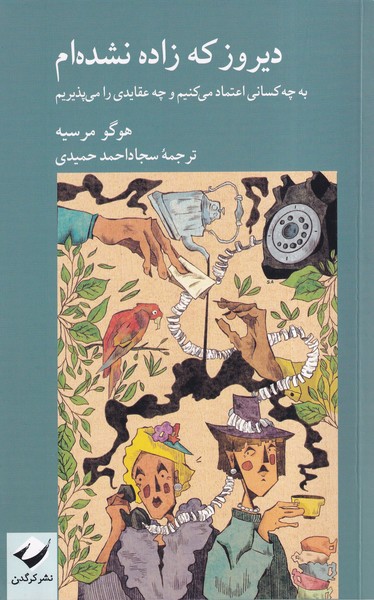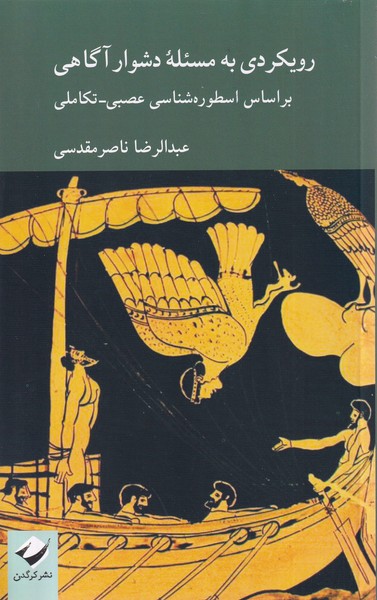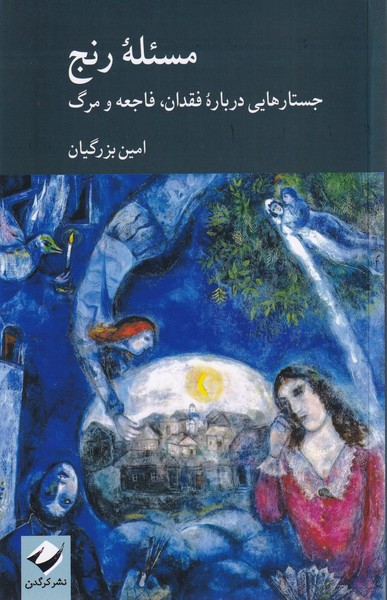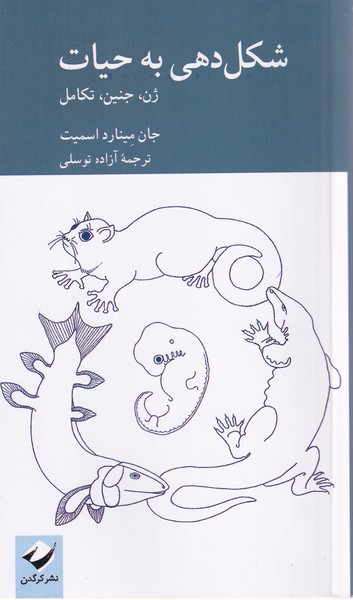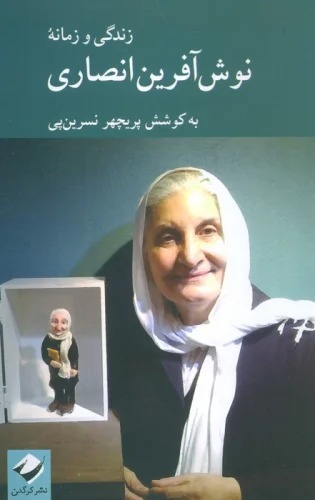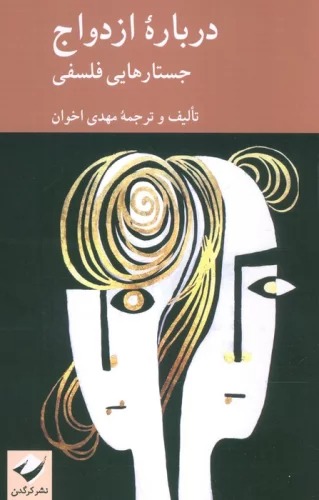فراتر از توجیه شر الفارسية 1444
Faratar az tawjih-i shar
21٫33 $
مشاركة
Wishlist
العنوان الأصلي:
Beyond Theodicy: Jewish and Christian Continental Thinkers Respond to the Holocaust
ISBN رقم:
9786226420983
المترجم:
Ja'far falāḥī
الناشر:
Kargadan
الفئة العمرية:
البالغون
الصفحات:
288
الوزن:
318 g
أبعاد المنتج:
14 x 21 x 2٫7 cm
غلاف الكتاب:
غلاف ورقی
The present book is an examination of the responses of a number of continental thinkers to the issue of evil (especially the Holocaust) and the suffering caused by it. Of course, the topics of the book are not necessarily limited to the Holocaust, and it can be considered the reaction of these thinkers to any terrible evil. In the first chapter, the author deals with theoretical theodicy (justification of divine justice), first in Anglo-American thinking and then in continental thinking, and notes the ineffectiveness of this thinking. Then, in the continuation of the book, he explains that Jewish and Christian existentialist thinkers (Buber and Marcel, respectively) and Jewish and Christian leftist thinkers, respectively (Ernest Bloch and Johann Baptist Mats) have tried to react to the problem of suffering and evil from another perspective. Of course, the author also involves other thinkers during the discussion. The common point of all these thinkers is that they consider the justification of divine justice in its classical form ineffective. The author tries to show how continental thinkers, beyond the theoretical justification of divine justice, have tried to have a more existential approach to evil and the suffering and, in addition, to put forward suggestions for an active and creative confrontation with evil.
more
کتاب حاضر بررسی پاسخ شماری از متفکران قارهای به موضوع شر (خصوصا هولوکاست) و رنج ناشی از آن است. البته مباحث کتاب ضرورتا محدود به هولوکاست نیست، و میتواند واکنش این متفکران به هر شر دهشتناکی تلقی شود. نویسنده در فصل نخست، بهطورکلی، به تئودیسۀ نظری (توجیه عدل الهی)، ابتدا در تفکر انگلیسی-امریکایی و سپس در تفکر قارهای، میپردازد و ناکارآمدی این تفکر را متذکر میشود. آنگاه در ادامۀ کتاب، توضیح میدهد که متفکران اگزیستانسیالیست یهودی و مسیحی (بهترتیب، بوبر و مارسل) و متفکران چپ یهودی و مسیحی بهترتیب، (ارنست بلوخ و یوهان باپتیست متس) از منظری دیگر کوشیدهاند به مسئلۀ رنج و شر واکنش نشان دهند. البته نویسنده، حین بحث، پای متفکرانی دیگر را هم به میان میکشد. نقطۀ اشتراک همۀ این متفکران آن است که توجیه عدل الهی را در شکل کلاسیکش ناکارآمد میدانند. نویسنده میکوشد نشان دهد چگونه اندیشمندان قارهای، فراتر از توجیهنظری عدل الهی، کوشیدهاند رویکردی وجودیتر به شر و به رنجدیدگان داشته باشند و، علاوه بر این، پیشنهادهایی برای مواجهۀ فعالانه و خلاقانه با شر مطرح کنند.
more

